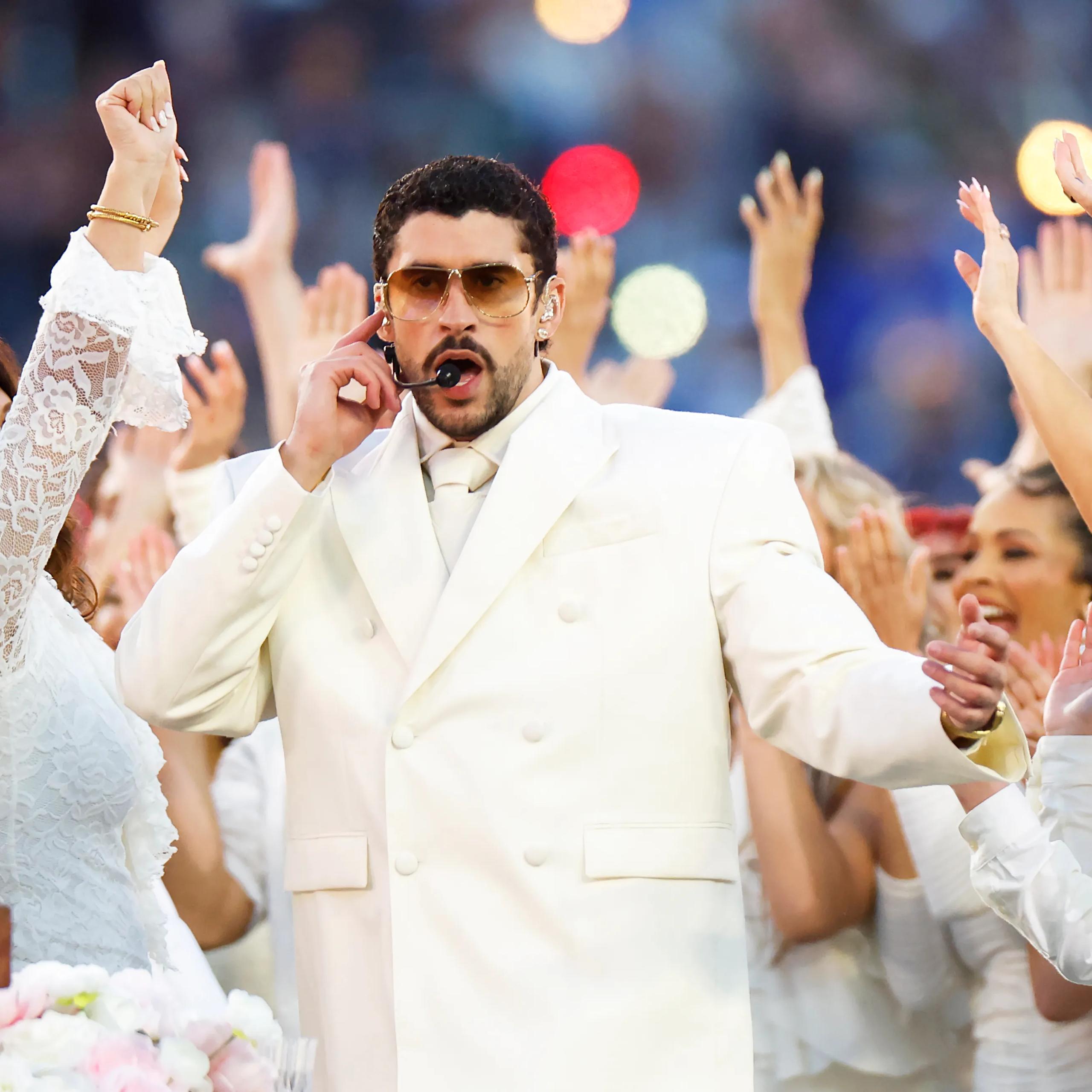“Streamer University,” the Kai Cenat-organized event that was held on Twitch, was anchored on a simple premise: what would happen if you corralled an eclectic group of streamers—precisely 120 participants—for a program that simulates the traditional university experience. But instead of the standard four-year period most college degrees take to complete, the program would be collapsed into four days. And instead of pedantic, stiff-necked professors, the courses would be taught by young content creators from across a slew of content areas. To this end, Kai Cenat enlisted several public personalities—including CookingWithKya, DDG, India Love, Duke Dennis, and Marcus King, amongst others—to serve as “professors” to the participants.

The trailer to the program foreshadowed the dreamy surrealism of the four-day program. In it, two students skulk around a dimly lit gas station in search of possible clues about the location of Streamer University. Just when they give up hope of finding the location, a hovering train magically materializes and whisks them away to a cluster of medieval-looking buildings garlanded with banners emblazoned with the university’s logo. The whole thing barely makes any sense or follows a cogent narrative sequence, but it makes for a supremely entertaining watch. In a sense, this is an apt description of the actual event. The program was an unrelenting barrage of events. At every point, every moment, something major was happening.

Expectedly, many found it to be overstimulating. Pause to consider the enormity of the event—a hundred and twenty streamers from different demographics, each with their streaming setups, jousting for a share of the spotlight. Kai Cenat himself, at the close of the program, griped about being overwhelmed by the intensity of it all. Notwithstanding, the pulsing energy of the show resonated with most, as reflected by statistics the show garnered. The show was watched for some 23 million hours. By some estimates that’s the equivalent of 2750 years of content.

Putting numbers to the side, the program is perhaps the most innovative initiative the still-nascent global streaming industry has seen. It invites us to reimagine the current stilted shape of contemporary academia. Content creation, in its myriad forms, is one of the fastest-growing occupations in the world. These days, most institutional organizations come retrofitted with a content team, or in the worst-case scenario, a lone social media handler. This reality notwithstanding content creation remains an afterthought at most universities, to say nothing of more ultra-orthodox universities who don’t so much regard content creation, and adjacent disciplines, as being worthy of being considered even as a semester course. Against this bleary background, Streamer University posited an alternative vision; one in which ”content is king,” to borrow the words of Kai Cenat.

The show's boons extend beyond serving as a metaphor for a more inclusive academia. It directly conferred the participants with new skills and offered these streamers—some newbies, others more experienced—an opportunity to network in a low-stakes setting— It also directly contributed to the surge in popularity of the vast majority of the participants. Shank Comics, one of the two Nigerians who were tapped for the program, crossed the 90,000 followers threshold during the program, becoming the most followed African streamer on Twitch. India Love, who arrived at the event with some four thousand followers on Twitch, left with nearly half a million followers.
Virtually every single participant reported a significant boost in their numbers. Caiuwus, one of the smaller streamers, entered the program with some 2900 followers and left with around sixty thousand and counting. In a clip in which she reflects on her growth with Kai Cenat, her mouth is drawn into a mirthful smile as she says “Your life can change overnight.” It’s one of the most heartwarming moments of the show. Hearing Caiuwus speak, Kai Cenat tries to keep a straight face, as a show of meekness, but his joy seeps out, a gentle smile escaping his mouth.
Despite the myriad positives of the show, it was not without incident. Throughout the program, Cenat visibly struggled to keep a rein on the “students” and “professors” alike. And soon the whole thing started fraying at the seams, devolving from a facsimile of a university to a chimeral cross between a reality TV show and a teenage sitcom. Students skipped classes en masse. At one point, DDG, an instructor at the club, carted off a majority of his class to a club located outside campus, and it took Kai Cenat’s intervention to get them back to class. There were reports of students banding together into gangs. There was also a fight and several minor skirmishes, as well as reports of bullying. At one point, the streamer Caiuwus broke down in tears and resolved to quit the program after being bullied by another girl on the stream. She later rescinded her decision after an outpouring of love and support from Kai Cenat, India Love, Ray, RaKai, Deshae Frost, and others.

The most trenchant problem however was the participants seemed to segregate themselves into “castes” based on perceived social hierarchy. In today’s world where marginalized people continue to fervently rail against institutionalized discrimination, this dynamic cut too close to the bone and consequently prompted the ire of viewers who were galled. The main upshot of this dynamic is that while all the participants recorded some degree of growth in popularity the already popular streamers were able to parlay each other’s popularity into greater numbers. So, the biggest streamers and public personalities ended up as the biggest winners, while the smaller streamers, who needed the platform the most, were left scrounging for scraps. This, as well as allegations of favoritism and concerns about the selection process, have stirred intense criticism towards Streamer University, so much so that Kai Cenat has said he would not be hosting another edition of the event.

Criticizing the event for its shortcomings is commendable, it’s also important to ask ourselves why the show’s social dynamics have stirred so much discomfort. Why is it so uncomfortable to watch 120 streamers divvy themselves into groups based on loose definitions of class? A moment of introspection will reveal that this is because all of this mirrors our reality a little too closely. In most parts of the world, the wealth gap continues to widen. Those at the bottom of the economic ladder continue to slave away for the richest one-percenters, even as overt discriminatory practices evolve into covert, more sophisticated ones.
We are triggered by the politics of the show because it mirrors our world with bracing precision. We came to the show with gleeful anticipation only to be treated to an unwitting social experiment. It’s however important to note that none of this was intentional, Kai Cenat, when convening the event probably had no idea it would pan out in this manner. Likewise, it’s not as though the participants were following a sinister plan. It’s simply human nature to form clusters and a lot of the time the basis of these clusters has something to do with class and politics. This should call for sober reflection. As a society, having been treated to this very amusing social experiment, it’s important to understand how easy it is to set up new unjust systems even as we clamor for the decimation of existing ones
.svg)







.png)

